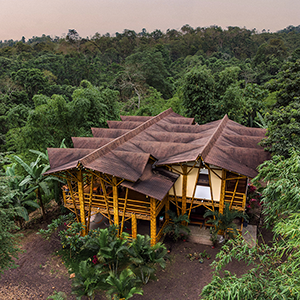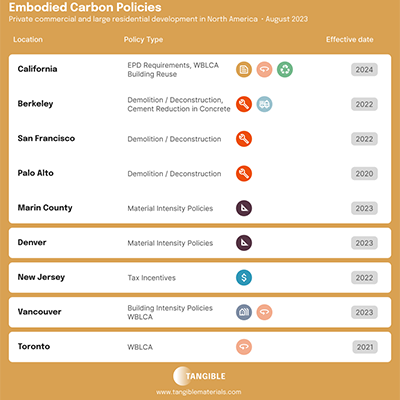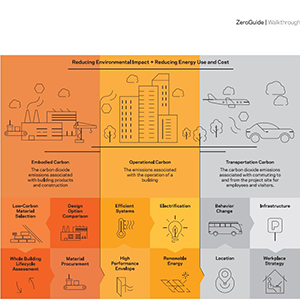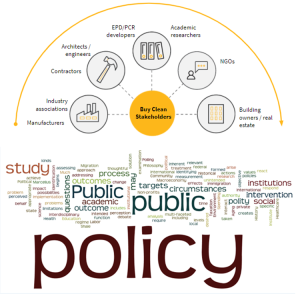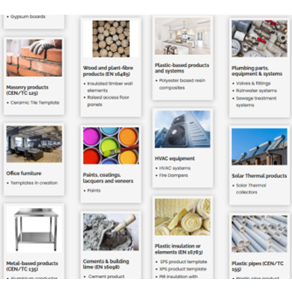Kickoff for CLF Bengaluru Outlines Opportunities for Collaboration and Action
by Abhinav Sujit
Project director and architect for klimArt Pvt Ltd, and Co-founder of CLF Bengaluru
India is expected to grow drastically in terms of both real estate and population by 2050. The country is expected to a see a complete makeover due to a burgeoning population of 1.7+ billion residents accompanied by a shortfall of supporting infrastructure. The question this brings to all our minds is what form will this revolution take?
Compelled to discover a positive answer to this questions, the three cofounders — Dr. Kanwal Sujit, RK Gautham, and Abhinav Sujit — came together to create a new CLF Regional Hub in Bengaluru (also known as Bangalore). Our city is the 4th largest IT cluster in the world with over 28% of commercial office space devoted to technology companies. We are convinced that we can help our city evolve responsibly to accommodate the needs of our growing 12+ million population. We launched the CLF Bengaluru Hub with a meeting that featured senior representatives of the key national organizations in India’s building and real estate industry, who came together on a single stage for the first time to endorse a common agenda for addressing the challenge of climate change. Over 160 people attended the event.
With the built environment in India expected to double over the next 25 years, we believe it is more than time to begin to design a sustainable future. India is expected to add 5.7 billion square meters of building stock by 2030, 21.5 billion square meters by 2040 and 45 billion square meters by 2060. These are staggering numbers to even comprehend, let alone begin to manage. Our aim to decarbonize the built environment requires a collective and coordinated effort. And reducing embodied carbon needs to become the focus of our discussions related to buildings and infrastructure.
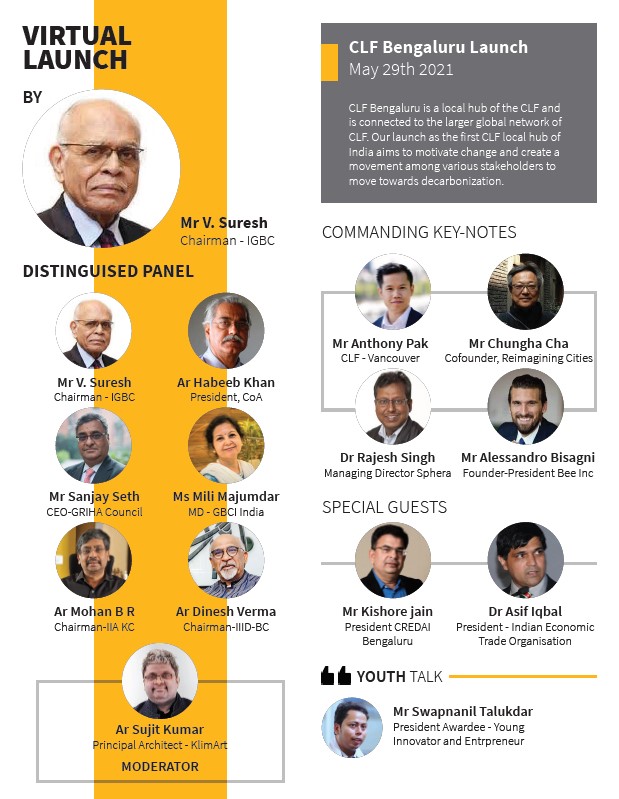
Empower the consumer with informed decision making… the consumer is the one driving the market. — Sanjay Seth, CEO of the GRIHA Council
Co-founder RK Gautham is the Director of Sustainability at Cushman and Wakefield, with 33 years of experience in the real estate industry, and with expertise in sustainability, real estate and smart cities.
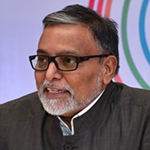
RK Gautham
Co-founder Dr. Kanwal Sujit, Director of Terralive Envirotech, started her career with a double master’s in Physics and PhD in Photonics, which led her to use mathematical modelling & computation to create tech platforms for the energy modelling of buildings. She leads a blockchain-based project to securely and transparently account for the supply chain of materials with the aid of LCA and EPDs.

Dr. Kanwal Sujit

Abhinav Sujit
The heads of CoA, IIA, IIID, GRIHA, IGBC, GBCI, ISA, CREDAI, NTPC/NETRA, IETO, and Energy Swaraj Foundation participated in the inaugural meeting of CLF Bengaluru, and the panel deliberated on the requirements to develop a practical roadmap to design and develop net-zero carbon buildings in India.
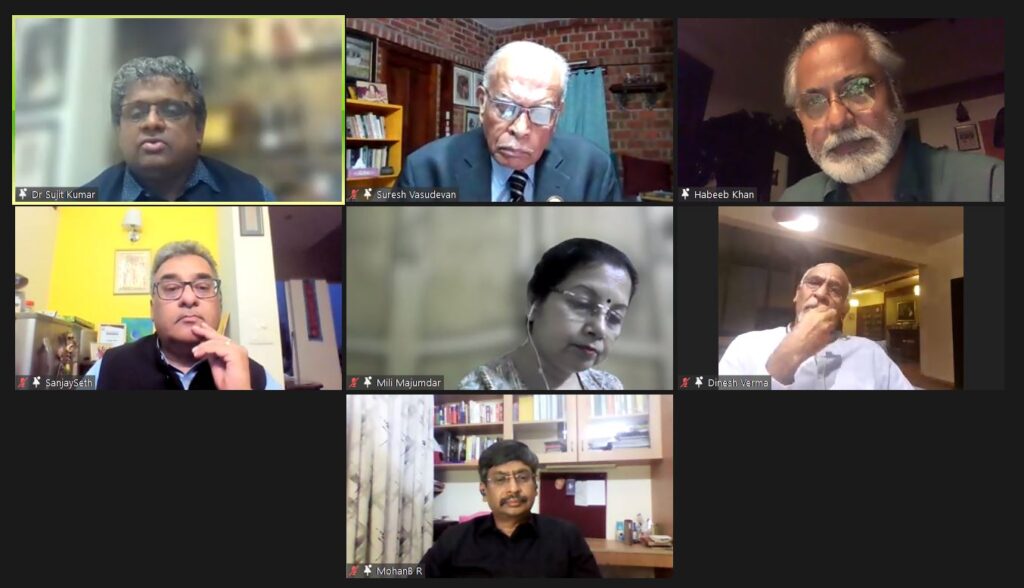
Members of the panel discussion at the Zoom launch of CLF Bengaluru included Dr. Sujit Kumar (principal architect, Klimart), Suresh Vasudevan (chair of the Indian Green Building Council), Habeeb Khan (President of Council of Architecture India), Sanjay Seth (ceo of the GRIHA Council), Mili Majumdar (managing director of the India GBC), Dinesh Verma, and BR Mohan, (chair of the IIA KC).
Our CLF Bengaluru launch event placed a limelight on the need to locally source all materials destined for inclusion in buildings. Working together with policy-makers, investors, developers, and building designers, we need to create a flourishing local ecosystem of industries that support the building sector. To address embodied carbon emissions effectively, we need to overcome a general lack of awareness, tools, expertise & policy mandates, the unavailability of alternative options, chaotic supply chains, and insufficient or broken supply/demand data. In the construction industry generally, we need to address the lack of skilled laborers, low adoption of fast construction technology and a general inability to comprehend LCA benefits.
We have ambitious plans to make embodied carbon a prominent concern for builders. Collectively, we can popularize the economic benefits of carbon neutral campuses and buildings, promote green funds as an investment opportunity, and work with manufacturers to use tools like EC3 and Tally for EPDs and LCA.
Our ambition is to help Bengaluru live up to our nickname, “The Garden City.”
We need to understand the senselessness of the growth patterns we are following and the globalization and industrialization we are embracing.
— Habeeb Khan (President of Council of Architecture India)

